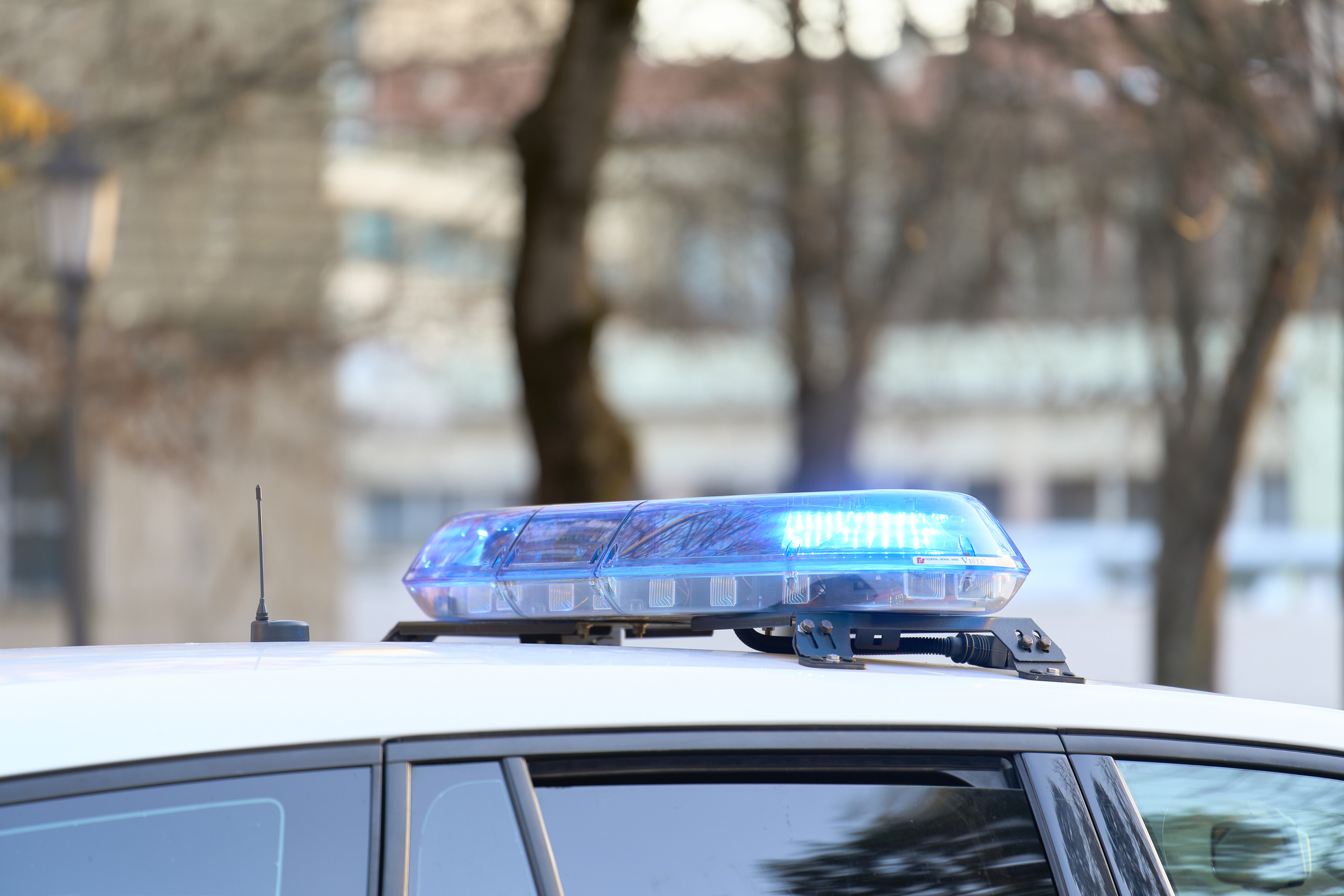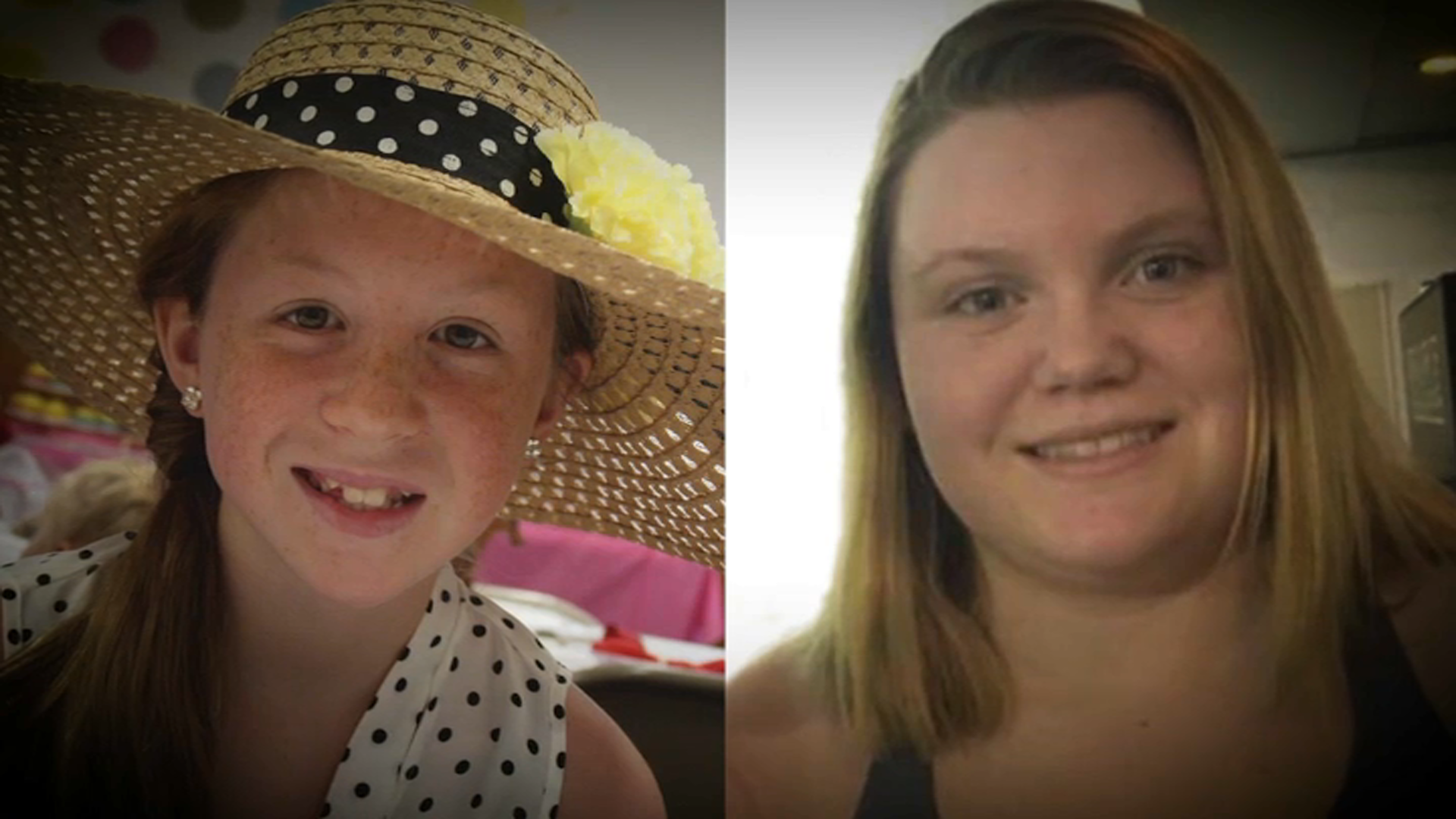The United States Supreme Court on Monday sent Chicago's controversial gun ban back to lower court, saying the Constitution's "right to keep and bear arms" applies nationwide as a restraint on the ability of government to limit its application.
The court issued the 5-4 rulling Monday morning in McDonald vs. City of Chicago, which challenged handgun bans in the City of Chicago and in Oak Park.
In the ruling, the justices signaled that less severe restrictions could survive legal challenges. [Read the Full Ruling].
In a press conference held hours after the ruling, Mayor Richard Daley elicited dissaproval.
"I'm disappointed but its not surprising," Daley said Monday. "We'll publically propose a new ordinance very soon."
Daley, a passionate anti-gun advocate, said the city council will hold an emergency session to immediately put in place new restrictions.
Plaintiff David Lawson said he's confident the opponents of the ban will prevail in any further legal battle after the court's decision Monday. Those legal challenges are coming though.
Local
"We are digesting the 200 pages and will have something tomorrow to stand up to court's ruling," says Ald Anthony Beale, chairman of Police and Fire Committee.
After SCOTUS eliminated the Washington, D.C. ban, the city put in place dozens of regulations surrounding handgun ownership. Prospective gun owners in D.C. now are required to take training courses that include spending one hour on a firing range and several hours in a classroom learning about gun safety. They also must pass a 20-question test based on D.C.'s firearm laws.
Since the ban was lifted in D.C., just over 800 guns have been registered in city. The relatively low total comes as the district passed the slew of new requirements that also include being fingerprinted and taking ballistic tests, which could help police track bullets back to specific guns if needed.
"The Supreme Court tore down the wall, and D.C. built up 95 percent of it again," said Richard Gardiner, who is suing the district over the new laws on behalf of Dick Heller, the plaintiff in the original case.
Chicago most likely will create a weapons registry and make that information available to police, firefighters and others who respond to emergencies. Gardiner said the pending lawsuit he filed is fighting a similar registry in D.C.
The city is also thinking about requiring anyone who purchases a gun to also buy insurance -- a step Gardiner said D.C. didn't take. But, Daley said, "It's common sense."
Chicago residents seem to disagree.
Some in the neighborhood where an 80-year-old man shot and killed a burglar who'd broken into his home are pleased the U.S. Supreme Court supports their right to own guns for self-defense.
Seventy-eight-year-old Herman Wilder of the West Side neighborhood says he keeps a handgun under his pillow for protection. He says he thanks God for the Supreme Court's decision Monday, which eventually may make that gun legal.
Another neighbor, 50-year-old Charlene Figgins, said she thinks Daley is living in a different Chicago than she is and that he doesn't understand the citizens' need for protection.
She said it can take 30 minutes for police to respond to calls for help in her neighborhood. She said the mayor doesn't have that problem.
Lawson is thrilled with the decision, but also says he expects the city to try to impose severe restrictions on handguns. And Lawson says he also expects those restrictions will be challenged in court.



